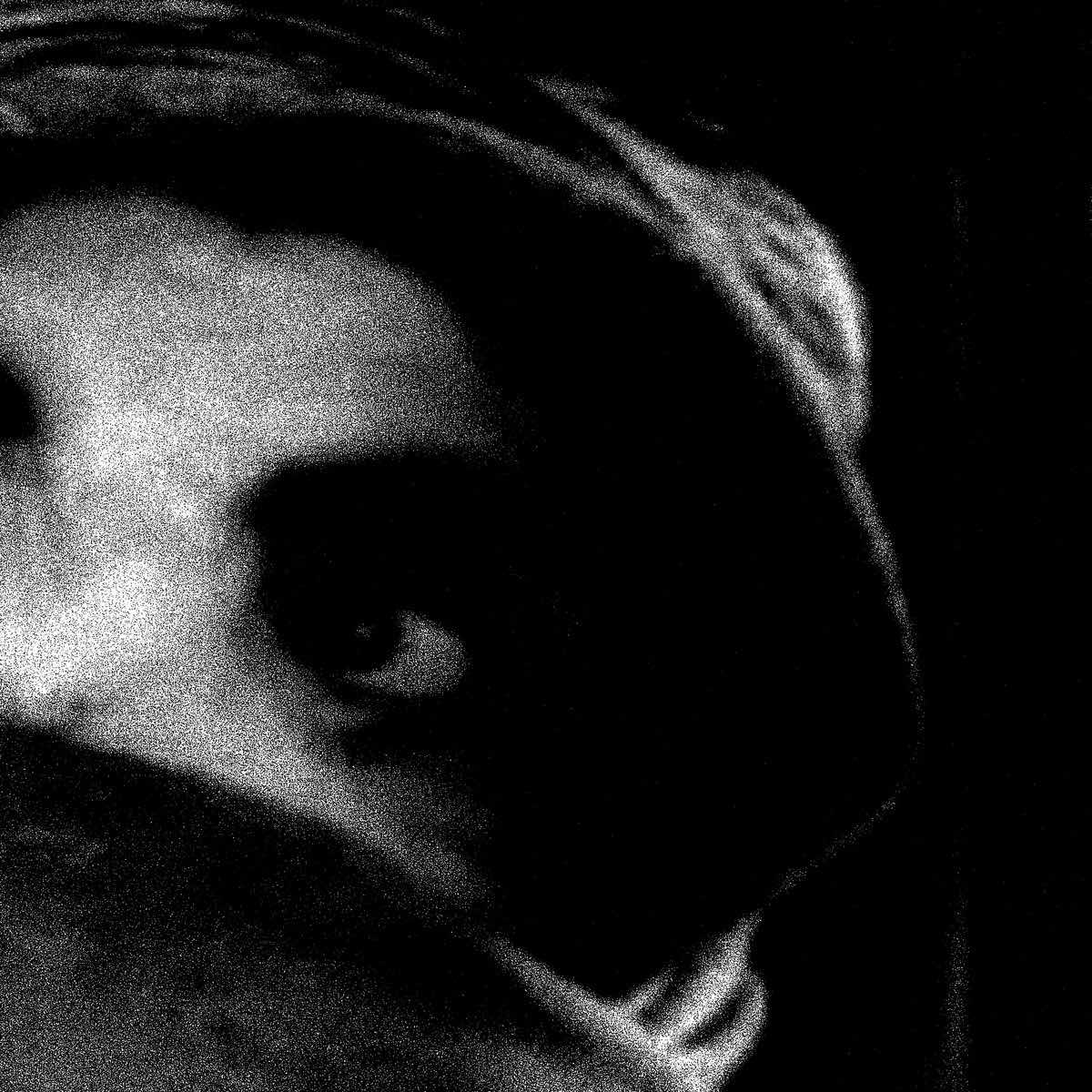The Body
The Crying Out of Things
THRILL JOCKEY
How much do you need to understand something to truly feel it? The Body is one of the most prolific working bands actively researching that question. Across their own records and their many collaborative efforts, they slip between various forms of metal, noise, and power electronics. Yet some things are constant—you can always count on whatever percussive lane Lee Buford takes to be forceful and cavernous, and you can always count on Chip King to push out bloodcurdling howls like he’s trying to exorcize himself. You may not be able to pick out a single word on a record from The Body without a lyric sheet, but the sheer anguish and desperation of how the records sound need no translation anyway.
It’s fitting, then, that the latest release from the duo conjures the totalizing feeling of their music in its title alone: The Crying Out of Things could double as an almost parodically literal description of their work. But within the overwhelming force with which they pummel the listener nests a remarkable emotional complexity, wielding just as much pathos as they do pain. From the moment opener “Last Things” caves in on itself—Buford’s cymbal crashes clipping as if the recording apparatus can’t handle them, King bellowing against apocalyptic horns—the record feels akin to staring into the maw of an unfathomable cosmic horror. As inhuman as The Body tends to sound, there’s a tangible ache to the way they write despair. Just listen to the elegiac march of “Ceaseless and Worn,” or the mournfully spare guitar work from King on “End of Line.”
Maybe the most instructive previous track for making sense of The Crying Out of Things is “Master’s Story,” a piece from one of The Body’s joint albums with grindcore shapeshifters Full of Hell. That song hit like a Cronenbergian workout tape, its rep-steady whirs closer to chugging, fleshy machinery thanks to Buford’s eerily precise and uncannily demonic programming. Here, much of the drumming and production feels like the product of similarly broken machinery, be that the profuse sampling that litters tracks like “A Premonition” or the dementedly noisy hip-hop beat on “Removal.” Penultimate track “The Building” fully overclocks its relatively subdued engine as soon as guest vocalist Dis Fig hands the baton to King, immediately slathering the whole vessel in compression until it barely resembles what it once was. In the chaos of The Body’s world, no quiet moment can linger for too long.
But not every cacophonic moment must be ugly, either. On “All Worries,” the album’s final track, the thrum of King’s guitar is a richly desolate landscape unto itself, lent a more classical melancholy as strings and Gregorian chants enter. Near the end, you can almost hear King’s voice break—as much as his piercing screeches can be said to break—as if losing composure, or tearing up. For all the disorder and ruin that The Crying Out of Things possesses, it never loses sight of the humanity in human agony, even while capturing its dying screams.







